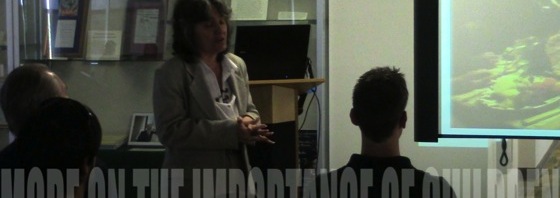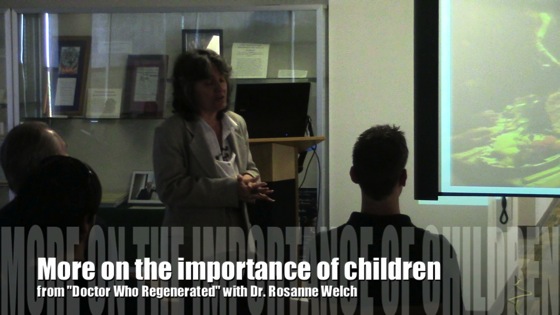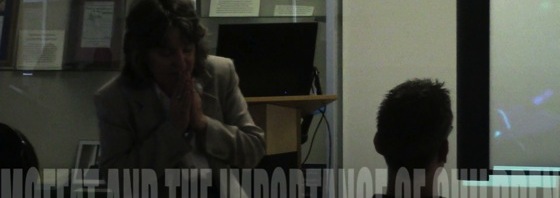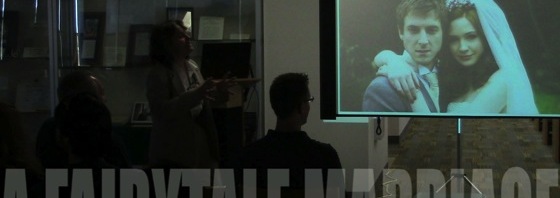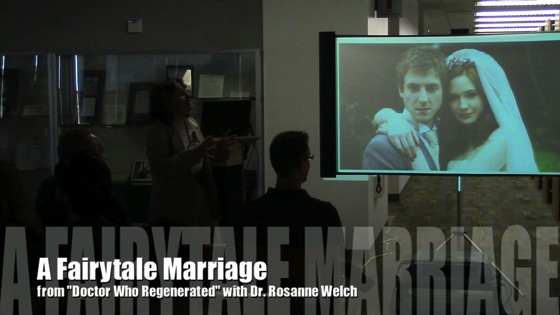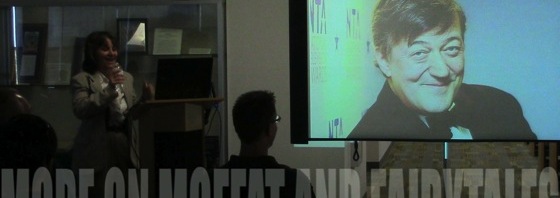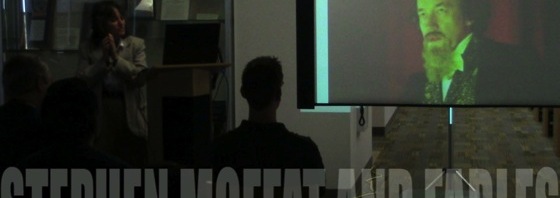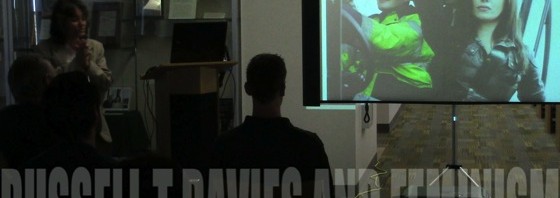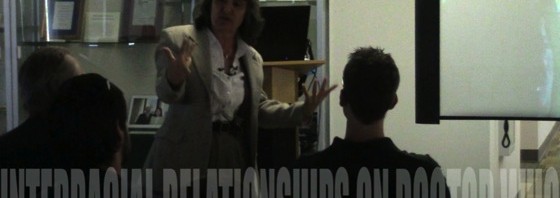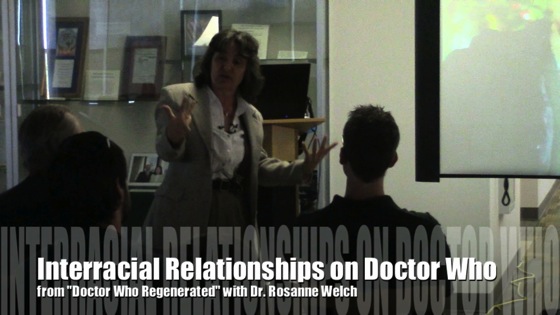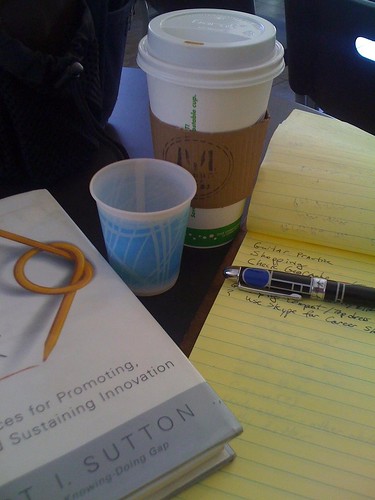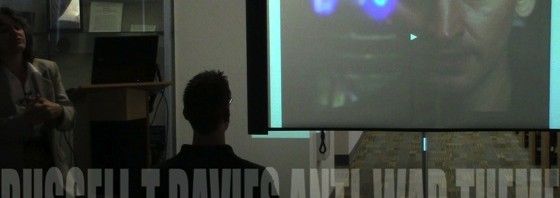





I’m going to begin by honestly confessing that I read Eat, Pray, Love by Elizabeth Gilbert this week on the excuse that I needed to in order to discuss adaptations in my writing classes. Then I have to confess that I loved it. Sure, the author wallows a bit much in her lousy divorce during the Italy section rather than giving me more Italy, and yes the ending is a bit fairytale princess-y for me. But it also stayed true to a theme I first read in the 1970s in a piece of teen girl lit that had been published back in 1946 – Going on Sixteen by Betty Cavanna. The theme of both pieces is: You have to be yourself before anyone else can love you. ‘Cause if you perfect the art of being someone else and then someone falls in love with that fabrication, it will end badly for both of you.


That’s a long lead in to this week’s guest posting for Dawn while she’s enjoying a couple weeks on what I like to teasingly call her ‘Family Estate’ on Martha’s Vineyard. I’m pleased to be asked to fill in for her as we so enjoy working together (though, of course, this doesn’t involve us even being in the same room, which is the only bummer).
So what does Eat, Pray, Love have to do with parenting? That question takes us right back to my love of the theme. It’s my sincere belief that this may be the greatest lesson we teach our children in their time with us – to love who they are and not try to be anything else, certainly not merely to attract someone to them. Funny how humans need to keep being told the same thing over and over again before it finally sinks in. But it is not funny to realize how many adults I’ve met over my career who were never taught this. And ya’ know what that means? Massive amounts of insecure grown-ups leading lives of not-so-quiet desperation as our trouble-making, diva-bad-behaving bosses, neighbors and friends. Who wants to raise their kid to be those people? And yet, somehow, so many people do. I imagine it’s not the kind of thing we often realize, especially if we had no self-esteem given to us in our own childhoods. But that means we have to work on our own security issues so we don’t pass that on down to our kids, which in the end is true to our entire career as parents – it’s our job not to continue negative cycles.
What is does NOT mean is that we compliment them every time they do something as basic as taking dishes to the kitchen or emptying the dishwasher. Or that we give them participation ribbons for merely being on a team or taking part in some practically mandatory event such as a school fundraising Jogathon. That kind of behavior creates the silliness we read about now where the current generation of overly-complimented kids need to be thanked for showing up to work on time in the ‘real’ world. I fervently doubt it teaches them they are special as it is clear everyone is getting the same participation ribbon, trophy or medal.
Face it folks, we’ve raised a particularly smart bunch of kids in the last generation or so and they catch on quick when an award means nothing. My favorite story on that count comes from the First Grade Science Fair my son’s school ran to give them a taste for choosing a topic, doing age-appropriate research and filling out those 3-part foam core boards. Our school even had judges come in and interview all the children about their projects. Because one of the parents before the event vociferously insisted that awarding place ribbons (first, second and third) would cause crying among the children who didn’t win, the whole class full of parents decided not to award any place ribbons. When the judges were through and the students all streamed back into the auditorium I watched my son grab the ribbon off his project and shout to the kid next to him, “I won a ribbon!” But then that other kid said, “So did I.” They proceeded to compare their ribbons and found that they were identical participation ribbons. Then they proceeded to toss the ribbons on the ground and go back to checking out each other’s displays, wondering who received the ‘real’ ribbons.
I take that lesson into the orientation classes I teach at local colleges. In the last class it is recommended that we get the students in groups and have them come up with award titles for the kids in the other groups so that everyone is acknowledged for having taken part in the class. You already know how I feel about that philosophy so what do you think I do? I explain that idea to the students, then I tell them the story about the First Grade Science Fair ribbons, and then I hand out large chocolate bars to the top 5 or 7 or 9 kids (no need to round out to an even 10 if an even 10 didn’t stand out in my mind) with silly awards written on the wrapper such as “Contributing in Class King” or “Most Attentive” or “Best Reader”. Heck, I even do “Most Likely to Succeed in College” ‘cause it’s such an American icon.
Anyway, I highly recommend Eat, Pray, Love (and Going on Sixteen) and any other reading that reminds us of this all important lesson that we must love ourselves as we are.
AND if any of you are writers out there and need my adaptation-studying excuse for reading Gilbert’s book, then I also recommend the Written By Magazine article about adapting Eat, Pray, Love into a movie which you can read online. See Page 27 for the article.
